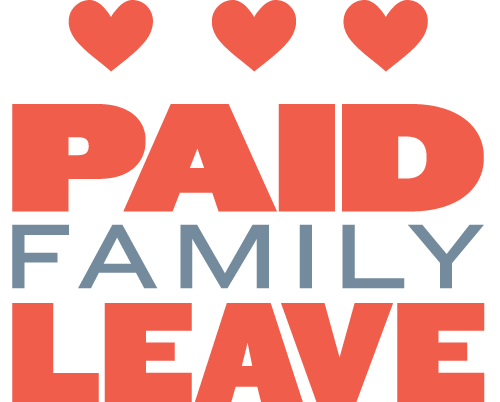By Jourgette Reid-Sillah, Congress Heights Resident
Update from the DC Paid Family Leave Coalition:
The Affordable Care Act is under threat and millions of people at risk of being without health care. DC and other progressive cities need to do everything we can to make sure that we step up as much as possible to ensure that sick people and their families have the care, and the supports, that they need. Right now, one key step is for our city to create a strong paid family and medical leave system: as more families struggle to pay for care, it’s doubly important for them to have a regular paycheck while they take care of their sick family members.
October was Breast Cancer Awareness Month. While many people were wearing pink ribbons, as a breast cancer survivor I was doing something else: advocating for paid family leave in DC.
My family certainly needed their paychecks when I had breast cancer. I was diagnosed in September of 2008. My first thoughts were about my children and my husband, and who would care for them and love them if I did not survive. After my surgery, I needed my family to help me with everyday activities. Though I wasn’t accustomed to needing others to wait on me, it’s what my body required at that time.
In radiation therapy five days a week, I bonded with other women in treatment for this terrible disease that disproportionately impacts women in my community in Ward 8. We talked about how cancer had been a financial blow to our families. It was difficult enough going through grueling radiation treatments, and getting by day-to-day, without having to worry about how to afford our basic needs.
Life doesn’t stop when you have cancer. When I was diagnosed, both our son and our daughter were in college. Our family and friends helped us with food, rides to doctor's appointments, and caring for me while my husband worked. But it was still a constant struggle to juggle money and keep our heads above water.
Fortunately for me and my family, I had access to 16 weeks of short-term disability insurance. For fifteen years, I had worked at the Marriott Wardman Park Hotel, in a job requiring great physical stamina with lifting, walking, and standing. There was no way that I could do my job while recovering from surgery and going through radiation treatments. But because my union, Unite HERE Local 25, has a strong bargaining agreement with the Hotel Association of Washington, I had access to benefits - most importantly the paid medical leave that provided my family a lifeline at a terrible time.
Paid leave helped my family maintain some dignity while I healed from surgery and went through radiation. But because disability benefits only covered a small part of my paycheck, cancer still put intense financial strain on our family.
So many people going through the ordeal of cancer treatment don’t have any kind of paid leave. In fact, only 6% of people in the bottom 25% of earners have access to paid family leave and 17% have access to paid short term disability programs. In DC this means that our African American and Latino families are the least likely to have anyone at all in the family with paid leave for tough times.
The Universal Paid Leave Act of 2015, currently before the DC Council, would make it possible for everyone who works in DC to have paid family leave benefits by setting up a citywide program. Based on my experience, two specific provisions in the Universal Paid Leave Act are crucial:
First, it is important to have a meaningful length of leave available. Everyone’s cancer journey is different, but for many breast cancer patients we must undergo both surgery and either radiation or chemotherapy. The Universal Paid Leave Act was introduced with 16 weeks of leave, which is a great start but could still not be enough time. It would be a shame if the Council reduced the amount of leave available.
Second, it is important that caregivers can also take paid leave, so that individuals with cancer have the support they need. I needed my husband’s care. For anyone who is single and does not have a spouse or nearby family to rely on, this would be even harder. Many people develop cancer when they’re older, and they rely on their adult children to help them through. It’s critical that any program covers caregivers of the diverse kinds that we and our families include, so that everyone can get the help they need - and care for their loved ones - during serious illnesses.
My story has a happy ending. After I recovered, I returned to work and have since retired, gone back to school finally, and will graduate from the University of the District of Columbia in December. And most importantly, I am eight years cancer-free. In these uncertain times, we need our city to step up and help all our families with a supportive universal paid leave program. People with breast cancer don’t need pink stuff - we need decent insurance and care, and our families need paid leave.
